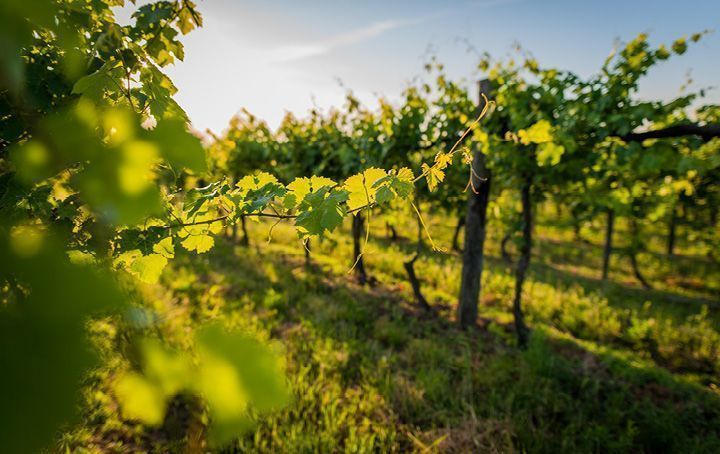Hankering for a hobby farm? Have a penchant for a few shimmering vines, or maybe a cluster of Angus cows on green pastures? Maybe you’re already “farming”. You might see your rural acres as a hobby but your idyllic vision may not be one shared by the ATO if it morphs into a business.
 Which may not be such a bad thing! Find out whether or not your farm is a business and why it matters.
Which may not be such a bad thing! Find out whether or not your farm is a business and why it matters.
As you sip a drop from the latest vintage you’ve crushed with the toes of your family and friends, is it possible that turning these vines into wine has ventured into primary production, and this happy hobby has become a business?
What’s the difference between a hobby and a business and how can you tell? Defining “primary production” and “business” is no problem. But just as it’s hard to conclusively identify why one wine is better than another, so is figuring out whether or not a business of primary production is being carried on in your particular case.
Are you carrying on a primary production business?
Hobby or a business? What is the status of your farm? First, let’s look at the definitions. “Business” is clearly defined to include any profession, trade, employment, vocation or calling (other than an occupation as an employee), and “primary production” broadly refers to the following areas of activity:
- plant or animal cultivation (or both)
- fishing or pearling (or both)
- tree farming or felling (or both).
Hobby or a business? What is the status of your farm? Although determining whether a business of primary production is being carried on requires both these definitions to be satisfied, neither definition provides a simple test for when the nature and extent of your activities amounts to the carrying on of a business. Fortunately, there are a number of indicators, courtesy of case law, that give some direction.
Hobby or a business? What is the status of your farm? Business indicators
The ATO emphasises that no one indicator will nail whether a business is being carried on, but it’s a matter of weighing up all the relevant indicators in each individual case. It may look and smell like a business but when all the chips are counted it may not stack up.
So, this is not an exact science, but more a forensic approach, in which the individual pieces of evidence are examined, weighed and fitted together to build a case for a hobby or a business.
The indicators explore:
- the nature of the activity – has it started, does it have a “significant commercial purpose or character”, what is its scale (large enough to make a profit?), does it have repetition and regularity, is it organised in a businesslike manner, will it be profitable, does it match the way the activity is ordinarily carried out in that industry, and is it better described as a hobby?
- the intention of the taxpayer – does the taxpayer have more than a mere intention to engage in business, does the taxpayer intend to make a profit, has the taxpayer carried out research and analysis, has the taxpayer kept records and created a business plan, and has the taxpayer sought the advice of professionals in the development of this activity?
So many questions! Here’s another one: why does it matter?
Weighing up the tax considerations
Defining whether you are carrying on a hobby or a primary production business matters because there are tax considerations for both activities, such as the following.
If it’s a hobby:
- You can enjoy the activity in your own time with no reporting obligations.
- You don’t need to declare any money you make from the activity, but you also can’t claim any losses from it.
- Also, as a hobbyist you’re not entitled to have an ABN, so to transact with (supply) another business you will need to complete a special form and provide a written statement to the payer, otherwise tax will be withheld at the highest rate.
If your hobby becomes a primary production business:
- You will need to declare your income to the ATO, get an ABN and keep tax records.
- You can claim general business deductions for your expenses (unless you’re offsetting a loss against other income, in which case you need to satisfy the ATO’s “non-commercial loss” tests or defer your loss until you make a profit). You can also claim the new instant asset write-off for SMEs of up to $30,000.
- You can take advantage of tax concessions available to primary producers, eg tax offsets such as tax averaging, and tax deductions, eg for the depreciation of grapevines and immediate deductions for fencing and water facilities.
Hobby or a business? What is the status of your farm? Don’t hear it on the grapevine
If it’s all enough to turn you to drink, come and see us for some expert advice and guidance on the most tax-effective way forward for your farm!
Hunter Partners are Accountants, Tax Agents and Financial Planners. We can assist you with all aspect of your accounting, tax and financial planning requirements, call Hunter Partners on (07) 4723-1223.
- Hits: 2995